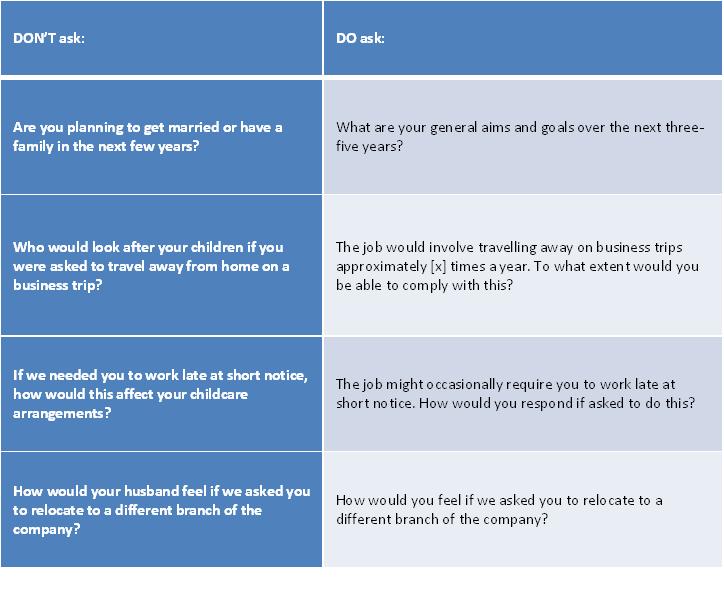There’s a lot more to running a business than ‘doing business’. You have to spend time looking after your staff too! And that involves understanding all the legal implications of recruiting, retaining and releasing staff. The law changes on a regular basis, so you really need to know what’s going on, in order to keep on the right side of the law.
Because you’re busy doing what you do, in this blog we’ll bring you a summary of some of the recent legal changes that you need to know about. We discussed them all at our Employment Law Update workshop in May. If you have any questions about particular issues and how they relate to your employees, please do get in touch. We’ll run another workshop in the autumn.
March 2015: Companions – from March this year, changes have been made to the right to be accompanied in disciplinary meetings. Employees now have the right to choose any fellow employee, and employers must agree to this choice. The employee must think about the practicalities of their choice and can change their mind at any time. The request to be accompanied does not have to be in writing, but employees must give their employer time to make the necessary arrangements for the meeting.
April 2015: Parental Leave – before this year, parental leave was 18 weeks before the 5th birthday of the child. This has been extended to 18 weeks before the 18th birthday. The right to parental leave is an employee’s right to be absent from work for the purpose of caring for a child for whom he or she has parental responsibility. Parents can use it to spend more time with their children and achieve a better balance between their work and family life. The time is unpaid and employees must have completed one year’s service with the company to be eligible.
April 2015: Shared Parental Leave – this is a new right enabling mothers, fathers, partners and adopters to choose how to share time off work after their child is born or placed. It applies to children born on or after 5 April 2015 and must be taken by the child’s 1st birthday. The basic rate of pay is £139.58 per week.
This leave does not replace maternity leave, statutory maternity pay or the maternity allowance and is optional to parents. It allows the mother to end her maternity leave early and allow the father to take leave instead. It does not replace the father’s paid ordinary paternity leave.
Adopters and surrogate parents have the same rights as others. A mother can share her leave with the child’s father, her husband, partner or civil partner, a partner living in an enduring family relationship, but not with grandparents, grandchildren, siblings, aunts or uncles, nieces or nephews.
Click here to see a calculator that can help you work out the numbers and for more eligibility.
Holiday Pay Calculations – in a recent case, the Employment Appeal Tribunal held that a week’s pay, when calculating holiday pay, must include overtime that employees are required to work, even if the employer is not contractually obliged to offer a minimum number of overtime hours.
The government has introduced the Deduction from Wages (Limitation) Regulations 2014, which limits any potential back claims for holiday pay to two years for claims made from 1 July 2015. Arrears are limited to claims in the last three months.
The following now need to be included in calculating holiday pay: compulsory overtime, semi-voluntary overtime, commission and supplements for on call and anti social hours. It applies to the first four weeks of holiday only.
There are more details here in one of our blogs.
Keep reading our blogs for news on more employment law changes that will be coming in later this year.

